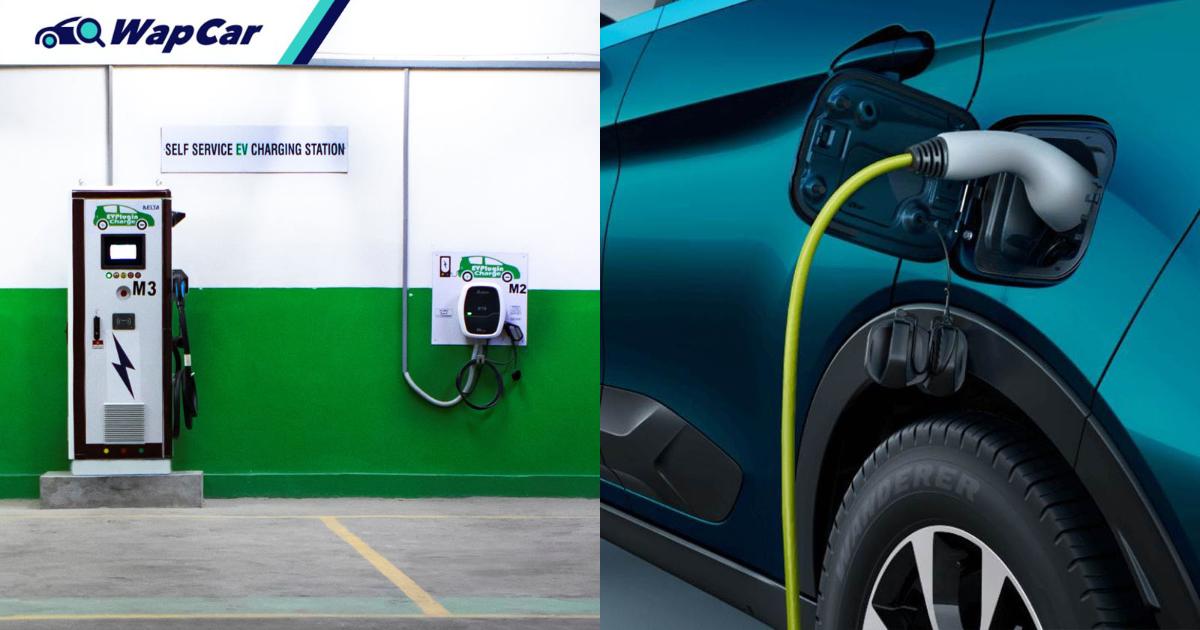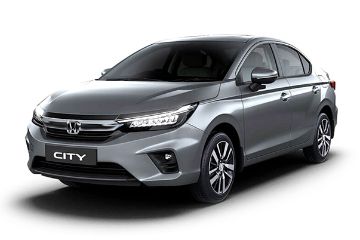![Delhi gov instructs 5% parking allocation for EVs, buildings to comply by end of year 01]()
To encourage the adoption of electric vehicles, Delhi Power Minister Satyendar Jain has directed buildings in the Indian Capital to reserve 5% of parking space for electric cars.
The reserved EV parking spots are also required to have suitable slow EV chargers, and the instruction is only for buildings with parking capacities of more than 100 vehicles.
![Delhi gov instructs 5% parking allocation for EVs, buildings to comply by end of year 02]()
To speed up the process, a Rs. 6,000 (RM340) subsidy is given for every charging point installed. The deadline for buildings to comply with the new requirement is December 2021.
window.googletag = window.googletag || {cmd: []}; googletag.cmd = googletag.cmd || []; googletag.cmd.push(function() { googletag.defineSlot('/22557728108/my_article_fourthp_under_pc', [
728,
90
], 'div-gpt-ad-1685525140735-0').addService(googletag.pubads()); googletag.pubads().enableSingleRequest(); googletag.pubads().collapseEmptyDivs(); googletag.enableServices(); });
googletag.cmd.push(function() { googletag.display('div-gpt-ad-1685525140735-0'); });
The ministry targets to set up 500 charging stations across Delhi, and for the time being, there are already 72.
![Delhi gov instructs 5% parking allocation for EVs, buildings to comply by end of year 01]()
Adding on to the subsidy, the Delhi Electricity Regulatory Commission (DERC) has stated that the buildings could install sub-meters for the EV chargers. Thus, the electricity used to charge EVs will be imposed a lower tariff.
The typical tariff for non-domestic use is 6.00 Rs./kVAh (0.34 RM/kVAh) while the tariff for EV charging is set at 4.00 Rs./kVAh (0.23 RM/kVAh) for charging stations with high tension points.

Previously an engineer in an automotive manufacturing company and a highway concessionaire. A part-time research student on biofuels and diesel engines. Obsessed with vehicle electrification and the future of transportation.
window.googletag = window.googletag || {cmd: []}; googletag.cmd = googletag.cmd || []; googletag.cmd.push(function() { googletag.defineSlot('/22557728108/my_article_relatedmodel_above_pc', [
728,
90
], 'div-gpt-ad-1685525247138-0').addService(googletag.pubads()); googletag.pubads().enableSingleRequest(); googletag.pubads().collapseEmptyDivs(); googletag.enableServices(); });
googletag.cmd.push(function() { googletag.display('div-gpt-ad-1685525247138-0'); });









